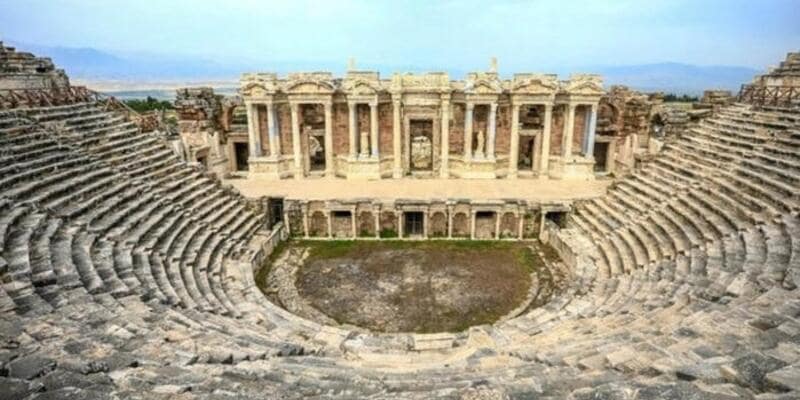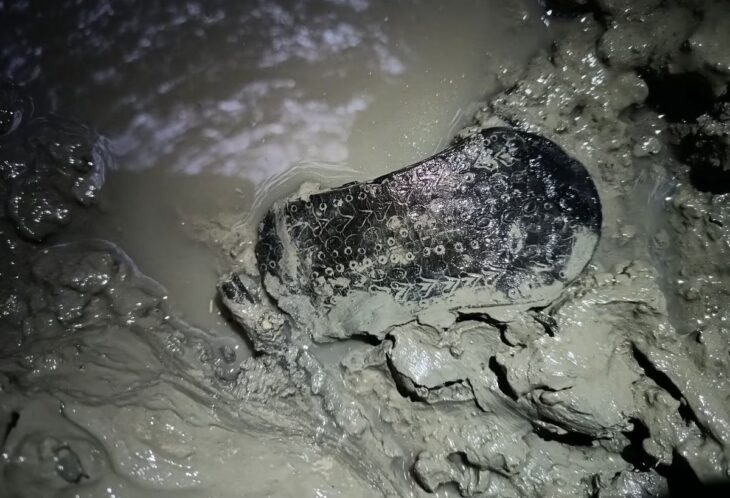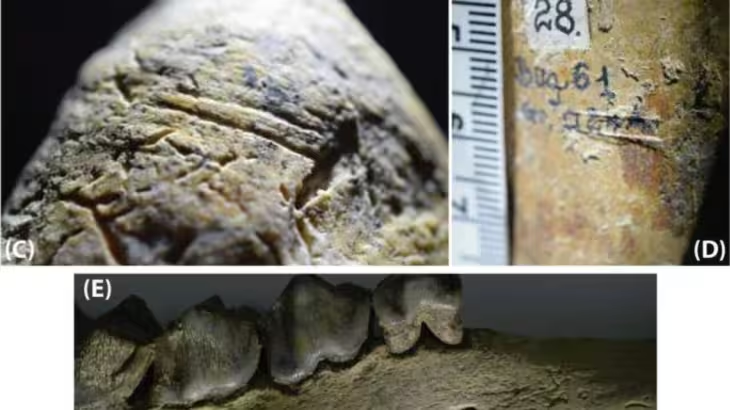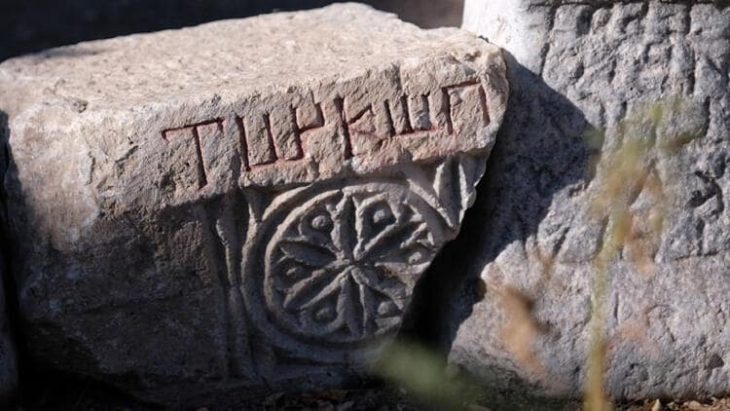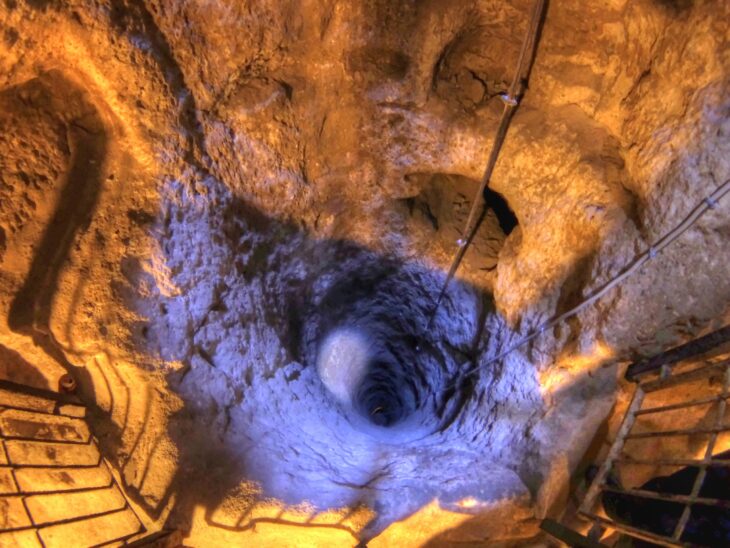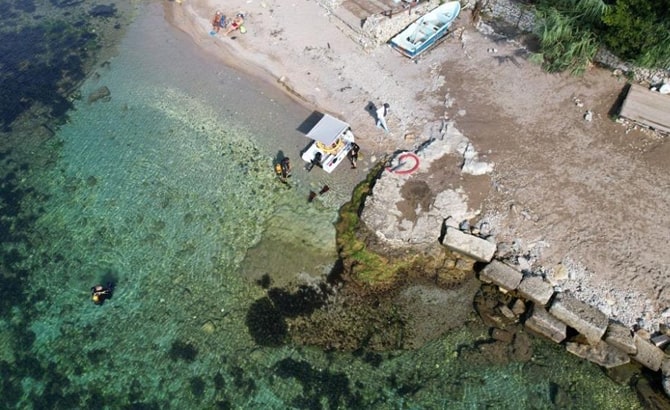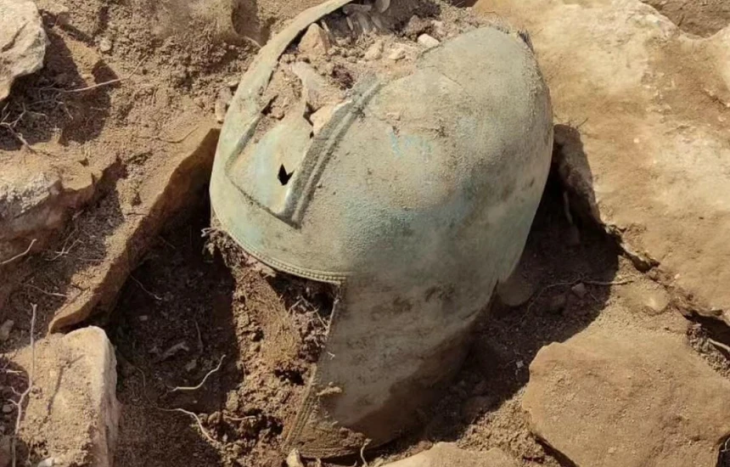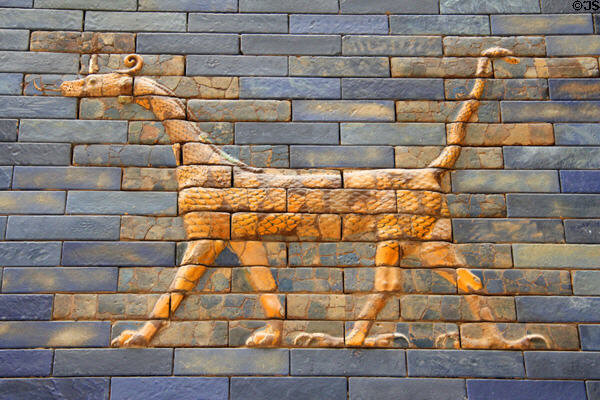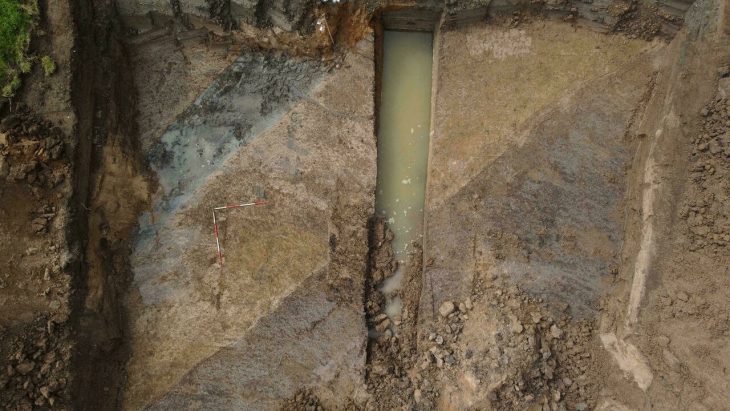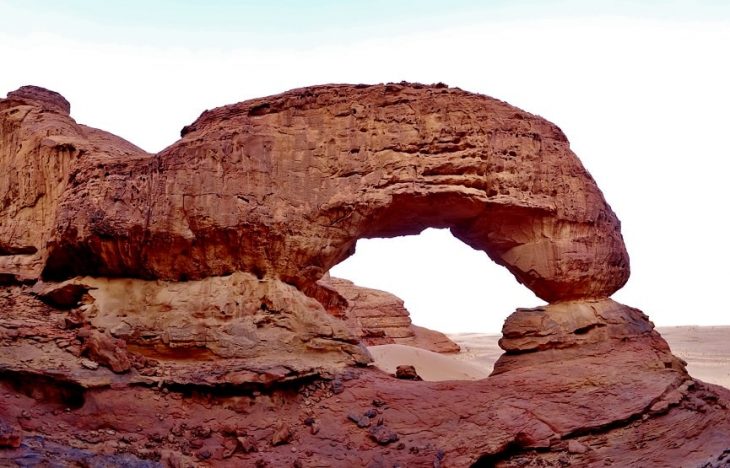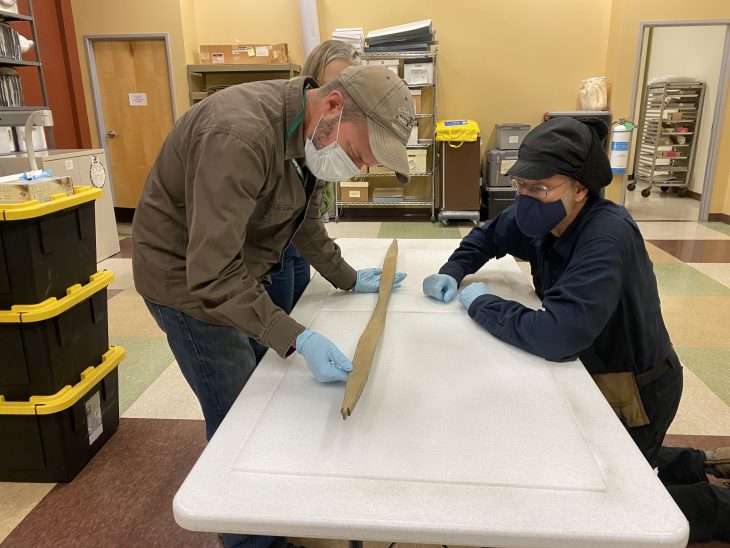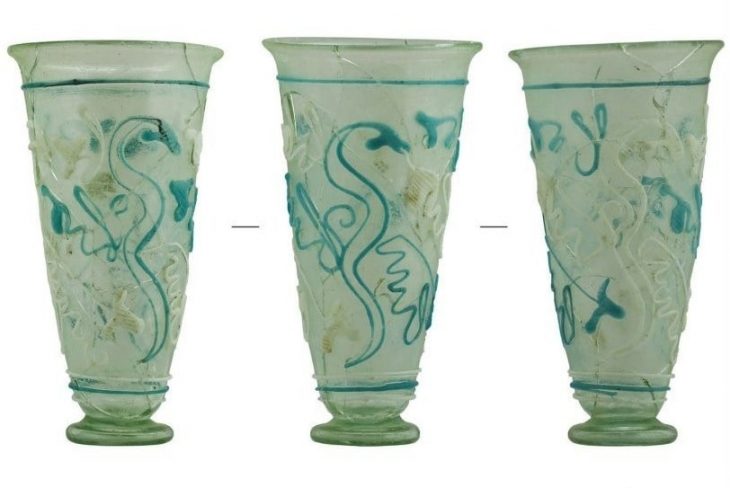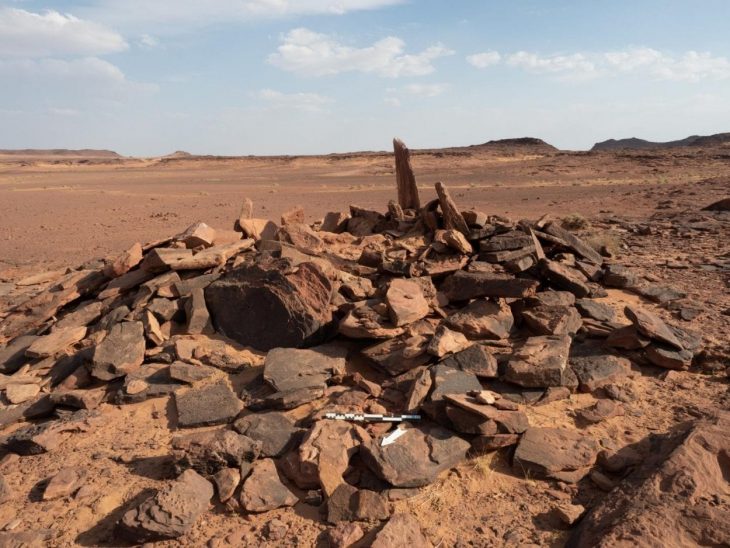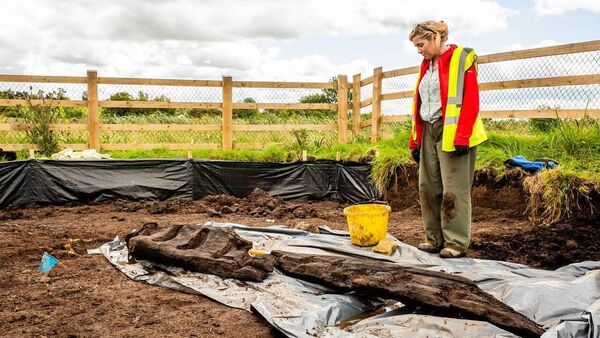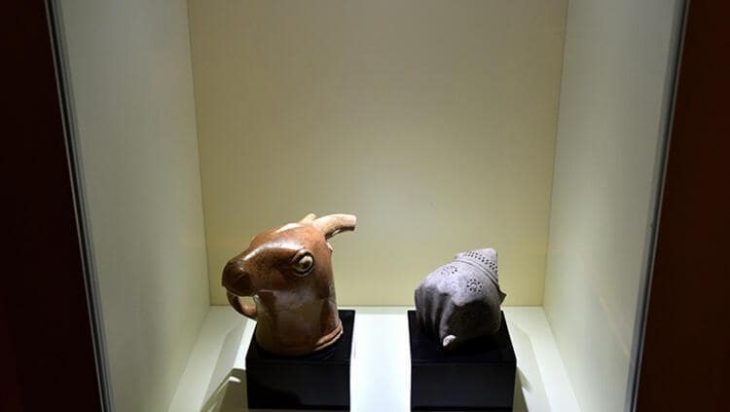During this year’s excavations in the ancient city of Hierapolis-Pamukkale in Turkey’s Aegean province Denizli, the remains of two houses thought to belong to the founding years of the ancient city were unearthed.
The excavation and restoration work, which was started by Italian archaeologists in the 1950s, is now in the hands of a team led by Professor Grazia Semeraro of Salento University (Lecce, Italy).
One of the biggest ancient cities in Turkey, the site joined the UNESCO World Heritage list in 1988.
The remains are believed to date back to the ancient city’s founding years, which is on the UNESCO World Heritage List, said Grazia Semeraro, a classical archeology professor at Italy’s Salento University, and head of the excavation team.
Speaking to Anadolu Agency, Semeraro said they unearthed important finds in the excavation area in the northern part of the city, near the agora and the second theater of Hierapolis.
“The finds belong to the Hellenistic period. We believe the houses belong to the time when Hierapolis was founded. We found the remains of two large and really important buildings. We believe the small houses were meant for 4-7 people.”
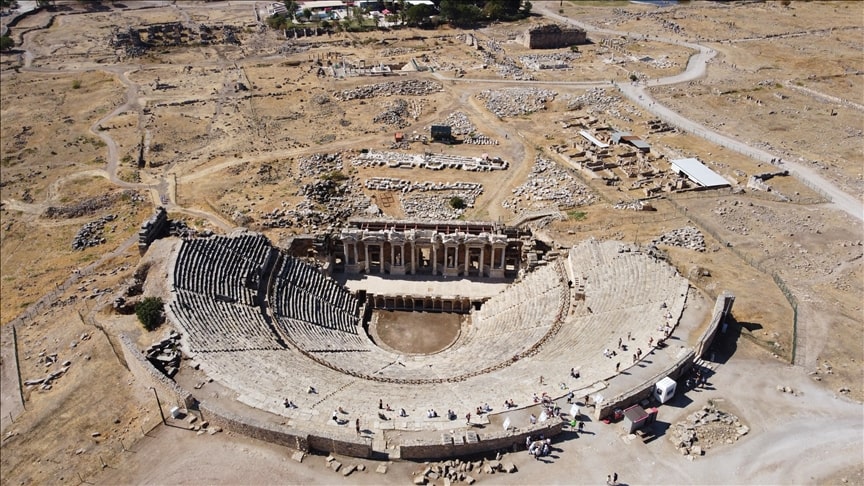
The team also found many small objects such as ceramics, coins, and oil lamps produced in Hierapolis, Semeraro added.
“We have obtained very interesting data from the oldest and lesser-known phases of the city, which we think dates back to the Hellenistic times.”
She said they were carrying out extensive maintenance work to restore the ancient theater and the main monuments in the Martyrium of St Philip, which are frequently visited by tourists.
Noting that the ancient people did not give up living in Hierapolis and the Lykos Valley despite earthquakes, Semeraro said they continued to build new earthquake-resistant monuments in the region.
She said the city was believed to be an important rural settlement as traces of olive oil production and a round millstone were found there.
Excavations and restorations continue at many points such as the Sanctuary of Apollo, the Monumental Fountain, the houses near the theater, and the mass grave area.
A team of 30 archaeologists, restorers, and architects from the universities of Salento, Messina, Florence, Pamukkale, and Amasya are taking part in the fieldwork.
Dubbed as a “Holy City” in the archeological literature due to a number of temples and religious structures, Hierapolis-Pamukkale ancient city was believed to be founded by Eumenes II, one of Pergamon kings, at the beginning of the 2nd century BC.

